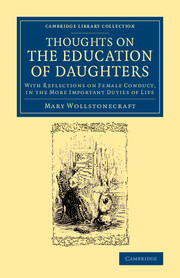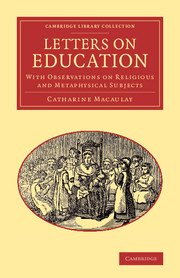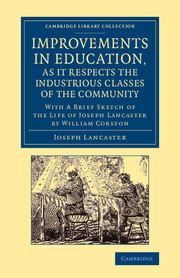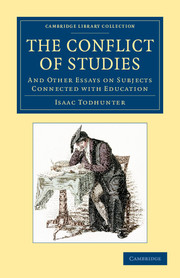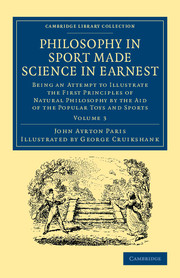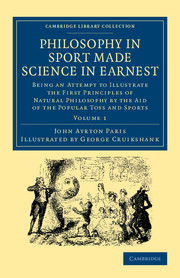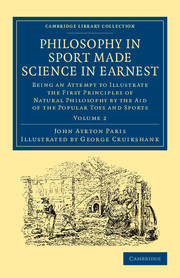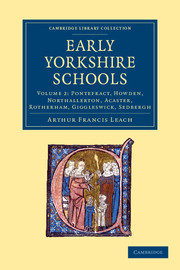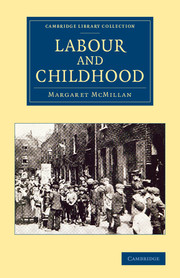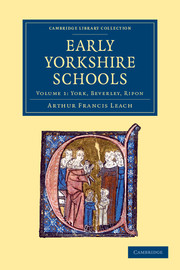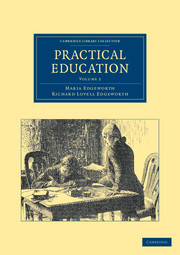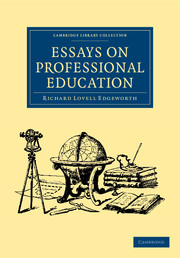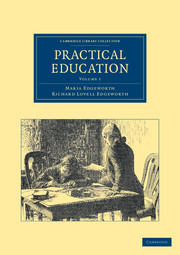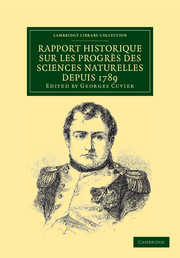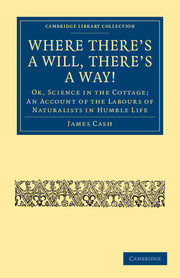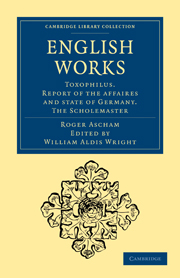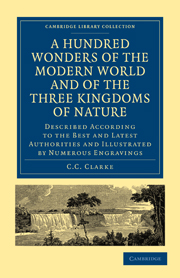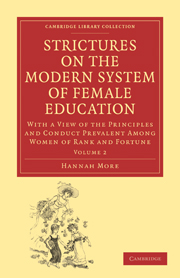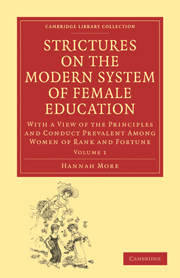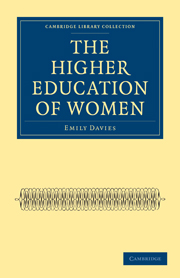This series focuses on educational theory and practice, particularly in the context of eighteenth- and nineteenth-century Europe and its colonies and America. During this period, the questions of who should be educated, to what age, to what standard and using what curriculum, were widely debated. The reform of schools and universities, the drive towards improving women's education, and the movement for free (or at least low-cost) schools for the poor were all major concerns both for governments and for society at large. The books selected for reissue in this series discuss key issues of their time, including the 'appropriate' levels of instruction for the children of the working classes, the emergence of adult education movements and proposals for the higher education of women. They also cover topics that still resonate today, such as the nature of education, the role of universities in the diffusion of knowledge and the involvement of religious groups in establishing and running schools.
